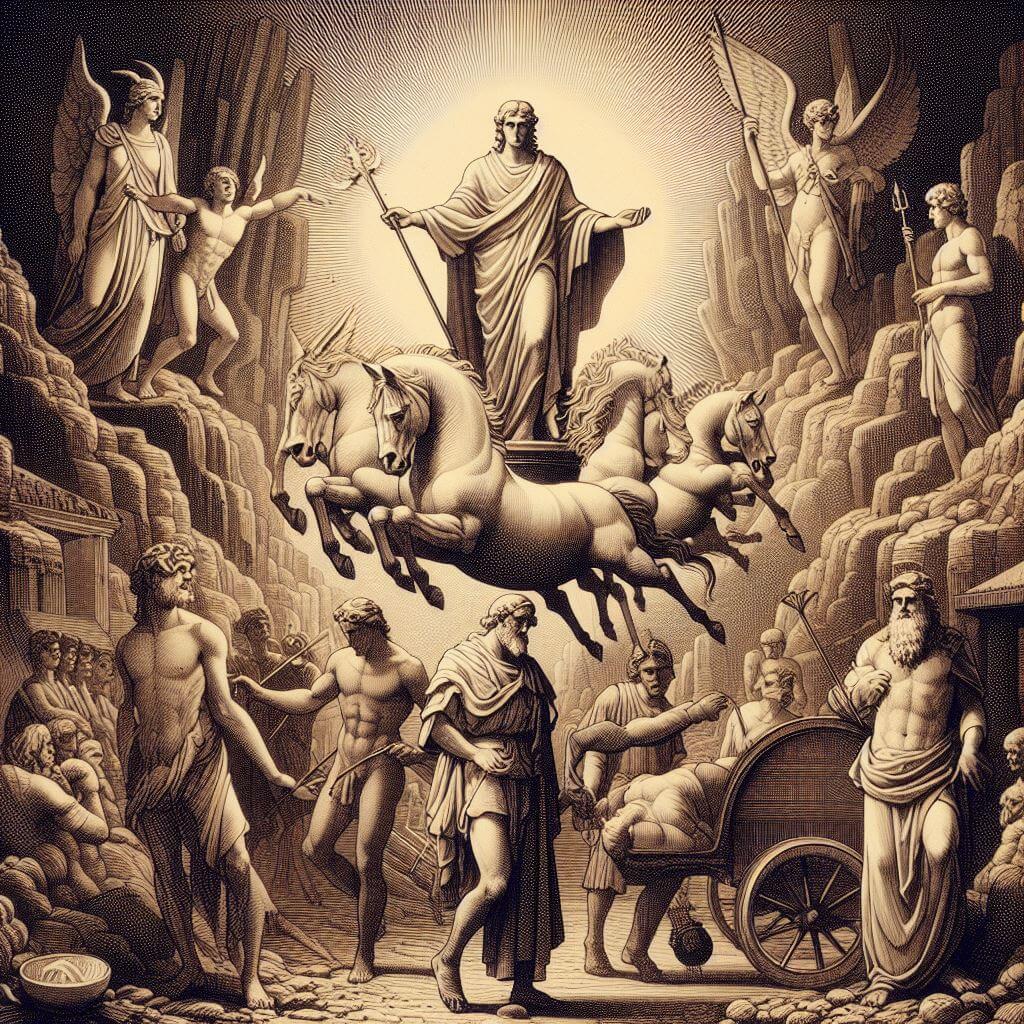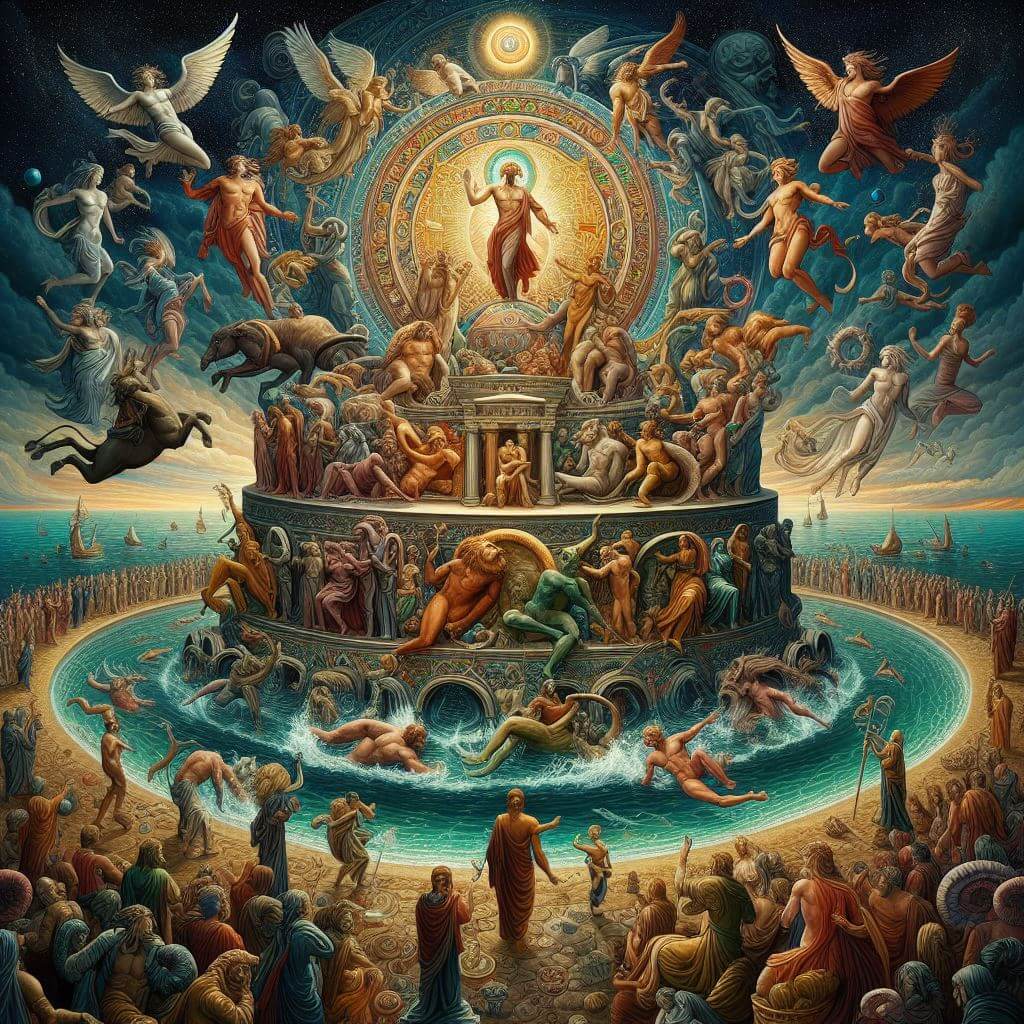Explore the timeless significance of myths from ancient civilizations to modern society. Discover how myths shape human thought, provide cultural identity, and influence art and literature. From gods and heroes to modern-day icons, myths offer a window into our collective history and ongoing quest for meaning.

Mythology, a collection of ancient narratives from various civilizations, serves as a crucial window into the cultural, social, and psychological landscapes of humanity. These myths, rich with symbolism and meaning, have persisted throughout history, evolving alongside human understanding. In this essay, we delve into the importance of myths, both in ancient times and their continued relevance in modern society. Through the lens of academic discourse, we explore how myths have shaped human thought, provided explanations for the unknown, and continue to influence art, literature, and popular culture.
The Function of Myths in Ancient Civilizations
Myths, as recounted by ancient civilizations, served a multifaceted role. They were not merely stories but intricate narratives that explained natural phenomena, human emotions, and the origins of the world. In the ancient world, where scientific understanding was limited, myths provided a framework for understanding the complexities of existence. For example, tales of gods and heroes explained the changing seasons, the mysteries of birth and death, and the moral lessons that guided human behavior.
Anthropologists and historians widely agree that myths were essential in shaping early societies. They provided a sense of identity and community, as these shared narratives united people under a common cultural heritage. Through myths, individuals found explanations for the unknown, comfort in the face of uncertainty, and moral guidelines for living virtuously.
Transition from Myth to Reason
As human societies evolved and scientific inquiry emerged, the dominance of myth as an explanatory tool began to wane. The rise of reason and empirical observation challenged the supernatural explanations offered by myths. Natural phenomena could no longer be solely attributed to the whims of gods; instead, they were understood through scientific principles.
This transition marked a shift in the role of myths. While they lost their status as rational explanations, they did not vanish. Instead, myths transformed into cultural artifacts, preserving the history and values of ancient civilizations. They became symbols of humanity’s collective imagination and a testament to our enduring quest for understanding.
The Continuity of Myth in Modern Society
Despite the advancements of science and technology, myths continue to hold significance in contemporary culture. Literature, cinema, and art frequently revisit these ancient tales, offering new interpretations and insights. The enduring popularity of mythological themes in popular culture underscores their timeless appeal.
Moreover, the concept of myth extends beyond ancient narratives. In modern times, individuals or events can become mythologized, transcending their immediate context to become symbols of broader significance. For instance, a sports star or political figure may embody qualities that resonate with universal themes, elevating them to the status of modern myths.

Conclusion
In conclusion, myths are more than just ancient stories; they are windows into the human psyche, our collective history, and our ongoing quest for meaning. From the ancient tales of gods and heroes to the modern mythologies of sports icons and cultural symbols, these narratives continue to shape our understanding of the world. While the role of myth as a rational explanation has diminished, its significance as a cultural touchstone remains potent. By studying myths through an academic lens, we gain insight into the values, beliefs, and aspirations of diverse societies throughout history. The enduring magic of myth lies in its ability to transcend time, offering us a glimpse into the timeless questions that have fascinated humanity since its inception.